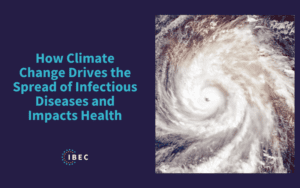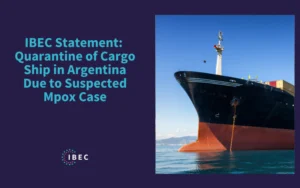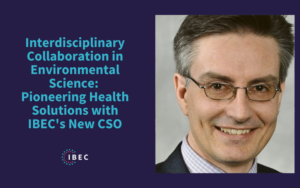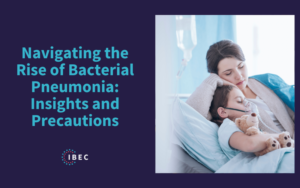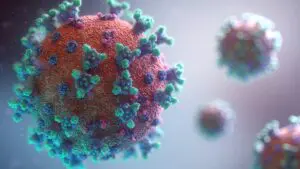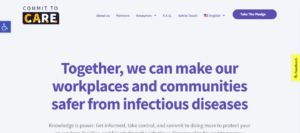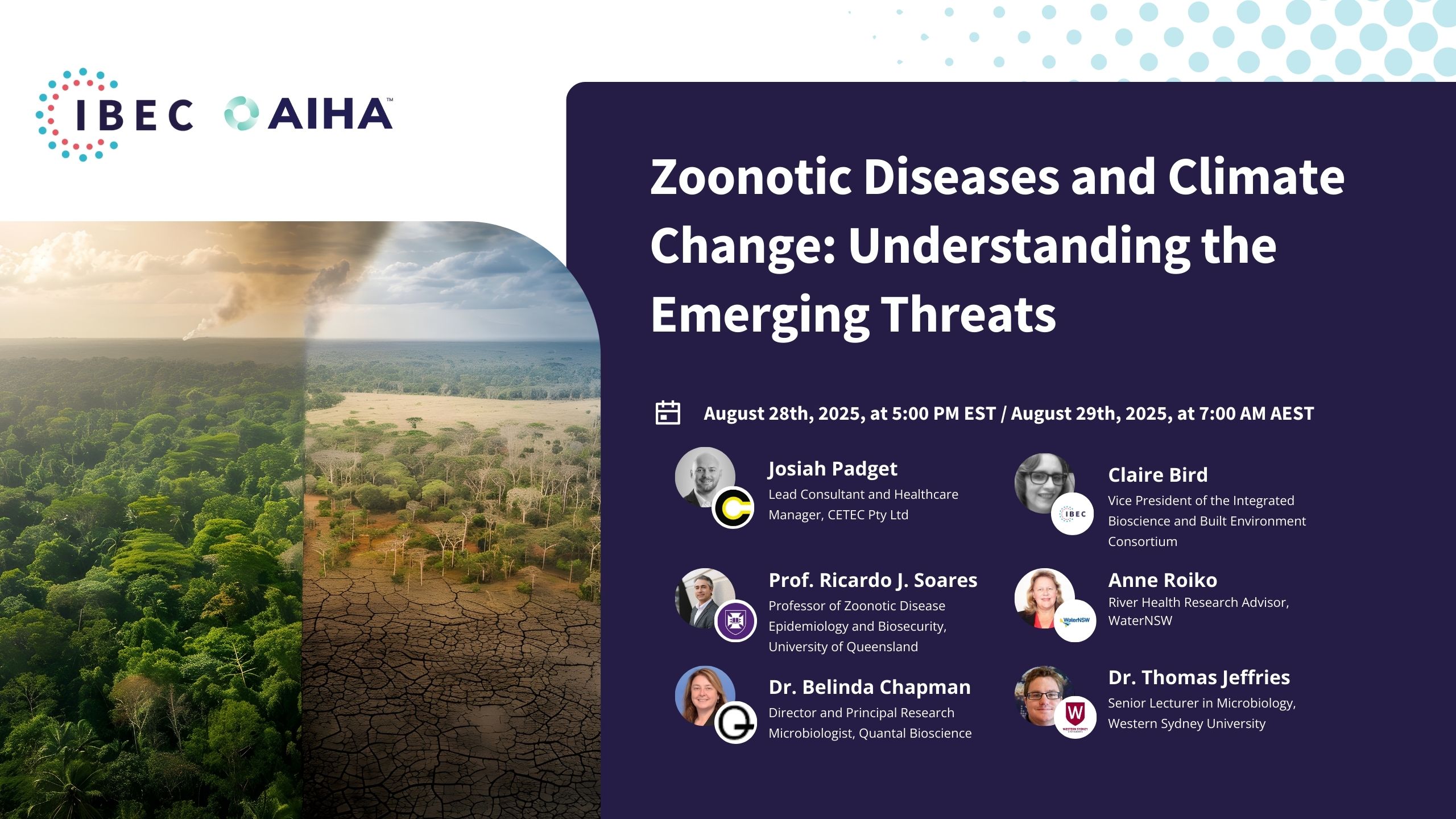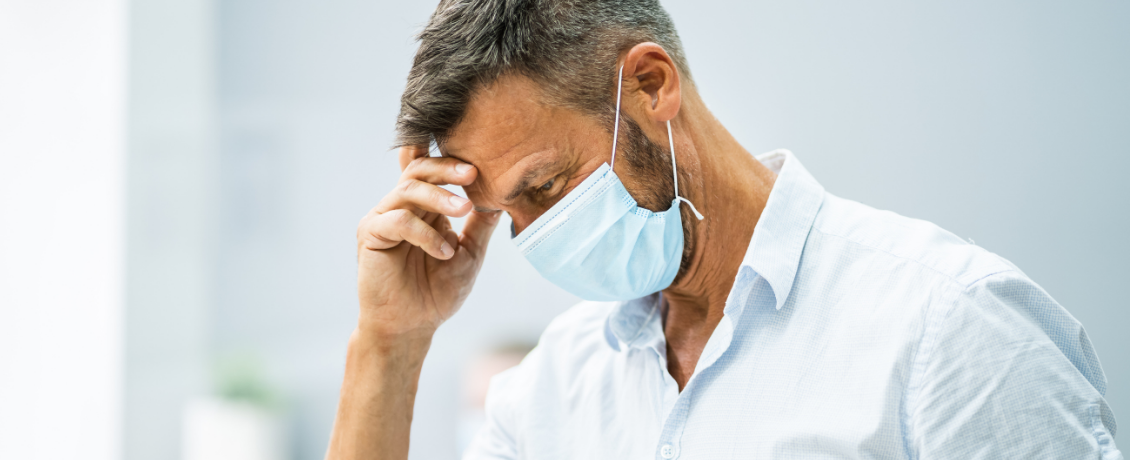
This is an extract from our October CLEAN Lessons Learned session “Reducing Exposure to COVID-19: The Human Factors” where Dr. Melissa Marot gave a presentation about the human factors that can help reduce exposure to COVID-19.
In previous CLEAN Lessons Learned sessions, we focused on primarily environmental factors that can help mitigate the spread and exposure to COVID-19. However, what about the human factors?
At our October session: “Reducing Exposure to COVID-19: The Human Factors,” Dr. Melissa Marot addressed some of the psychological aspects of the pandemic, including protracted crisis response, resilience, and mental fatigue.
Please keep reading to learn all about these three concepts we are sure you will relate to.
Protracted Crisis Response
Protracted crises refer to situations in which a significant portion of a population faces a heightened risk of death, disease, and breakdown of their livelihoods.
Sounds familiar?
COVID-19 is a protracted crisis and has developed feelings in everyone that are normal and to be expected. Some of those are:
- Anger about what’s happened, who’s caused it, towards those trying to help, or the injustice of it.
- Helplessness, feeling overwhelmed, and unable to change the situation. There are many things that we can’t control here.
- Fear of breaking down or losing control in terms of uncertainty.
- Disappointment related to how things are turning out as they have.
- Sense of failure, blaming yourself when events are out of your control, especially when you like to be in control. Often, as professionals, we are very well trained to be in control of things. So it’s tough for us to try and manage that sense of not being in control.
- Guilt, for being better or worse off than others. And that’s something that is very, very evident in the world of psychology. When it comes to a crisis, you may have heard the term survivor’s guilt. Sometimes there’s a sense of shame of being exposed as vulnerable, emotional, and not reacting in the way that we would wish when we come across very unusual and difficult situations.
- Sadness for losses of every kind and longing for all that is gone. There is a sense of sadness, people can feel isolated, and they may want to be alone, they may feel irritated by others,
- Numbness, feeling detached and withdrawn. A feeling of being let down, especially as we start to go into that third stage of that disaster recovery.
- There may also be a decline in productivity and difficulty concentrating. There has been a decline in productivity, and people find it difficult to concentrate due to many reasons, also related to working from home. This is something that organizations have found very difficult to contend with at the moment.
But Wait, There’s Also Resilience
Something fundamental in navigating through a crisis on the individual level is this sense of resilience.
How can we tap into resilience?
How can we build our resilience both as individuals and as a group?
We often use the word resilience in our lives nowadays, but we don’t talk much about precisely what that means.
We think about it as a bit of a bouncing back type of situation. But that may not be exactly what it is; that might be bouncing forward or even bouncing sideways.
But it’s certainly something we can tap into to find some strength or adaptability and flexibility to shift into a different mode of operating given a crisis.
Resilience is not just individual; it’s also built in the system. It happens between us, not just to one of us, but all of us.
You might find that the resilience system might be different in different parts of the world, depending on where we are with the pandemic response.
One important thing about resilience is having a belief in our ability to cope. People who are optimistic and are hopeful in terms of those kinds of tendencies tend to fare better after experiencing a crisis.
It’s not just a Pollyanna kind of attitude of everything’s going to be fantastic. Optimism, to be very powerful, needs to involve three important factors—the three Ps.
The first one is the sense of permanence. Optimistic people tend to look at these kinds of crises or difficult situations or challenges as impermanent. It is essential to remember that things will change. When we don’t feel optimistic, we think that it’s permanent. And it’s going to be like this all the time.
The second one is related to how pervasive the crisis is.
Does it reach all parts of my life?
Or are there some parts of my life that it doesn’t reach?
When we’re not feeling optimistic; we tend to look at that crisis as all-pervasive; however, if we start to look at it in more detail, it is usually not all-pervasive.
The crisis doesn’t necessarily hit many parts of our lives. This is where some elements of mindfulness start to come in, in terms of being in the present moment.
And the third and very important part is this sense of personalization, that the crisis is happening for me. It’s happening to me, and we forget that it’s happening to everyone.
So not being personalized is quite an important part in terms of hope and resilience.
Interesting tip:
There are differences in resilience levels and generations. This is because we know that resilience is related to previous experience.
Different experiences affect our resilience.
Mental Fatigue
Mental fatigue is a condition triggered by prolonged cognitive activity. It sends your brain into overdrive, leaving you exhausted, hampering your productivity and overall cognitive function.
There are some ways to cope with mental fatigue:
- Stay organized in small bite-sized chunks.
- Be realistic – prioritize your most important tasks.
- Rethink how your spend your energy.
- Learn how to tackle rumination and avoidance.
- Take frequent breaks.
- Exercise mindfulness.
- Practice self-care.
Conclusion
Although the mental changes COVID-19 has brought to our society may feel erratic, the ways to cope with them don’t have to be.
There are clear paths and ways to overcome symptoms such as fatigue and crisis response. If you need help, don’t hesitate to reach out to a professional.
Related Blogposts
How Climate Change is Propelling the Spread of Infectious Disease
By Stephane Bilodeau, Eng., Ph.D., FEC, Chief Science Officer at IBECClimate change is not only an ecological crisis; it fundamentally alters public health dynamics worldwide…
IBEC Statement on the Quarantine of Cargo Ship in Argentina Due to Suspected Mpox Case
The recent news regarding the quarantine of a cargo ship near Argentina’s Rosario Port due to a suspected case of mpox underscores the continued global…
Interdisciplinary Collaboration in Environmental Science: Pioneering Health Solutions with IBEC’s New CSO
The Integrated Bioscience and Built Environment Consortium (IBEC) proudly introduces its new Chief Scientific Officer (CSO), Stephane Bilodeau. Bringing over 25 years of diverse experience…
Navigating the Rise of Bacterial Pneumonia: Insights and Precautions
Navigating the Rise of Bacterial Pneumonia: Insights and Precautions As winter’s chill sets in, health professionals and organizations brace for the annual uptick in respiratory…
New COVID-19 Variant JN.1 Raises in the United States
JN.1 is a highly contagious, fast-spreading subvariant of omicron that has become the dominant strain in the country. According to data from the Centers for…
Pioneering Steps to Control Infectious Aerosols: Dr. Claire Bird Offers Expert Insight on ASHRAE’s New Draft Standard
As we navigate through the challenges posed by the COVID-19 pandemic and other airborne diseases, there is a dire need to implement measures that will…
IBEC Takes the Lead in Developing a Framework for Reducing Indoor Pathogen Transmission
Dear IBEC Partners and Supporters, As we continue to navigate the ongoing threat of airborne pathogens transmission in our shared indoor communities, it’s more important…
New Commit To C.A.R.E. Resources Deliver Innovative Indoor Air Quality Solutions for Safer Workplaces
The Commit to C.A.R.E initiative The Integrated Bioscience and Built Environment Consortium (IBEC) and The American Industrial Hygiene Association (AIHA), two leading organizations committed to…
Staying Ahead of Severe GAS Infections and Other Secondary Bacterial Infections
Severe Group A Streptococcal (GAS) infections, including invasive disease (iGAS), can lead to life-threatening illness and death. CDC is looking into an increase in…
Industry Leader L’Oréal Pledges to Support Commit to C.A.R.E.
Industry Leader L’Oréal Pledges to Support Commit to C.A.R.E. With health experts warning of the triple threat of the continued spread of new COVID-19…

